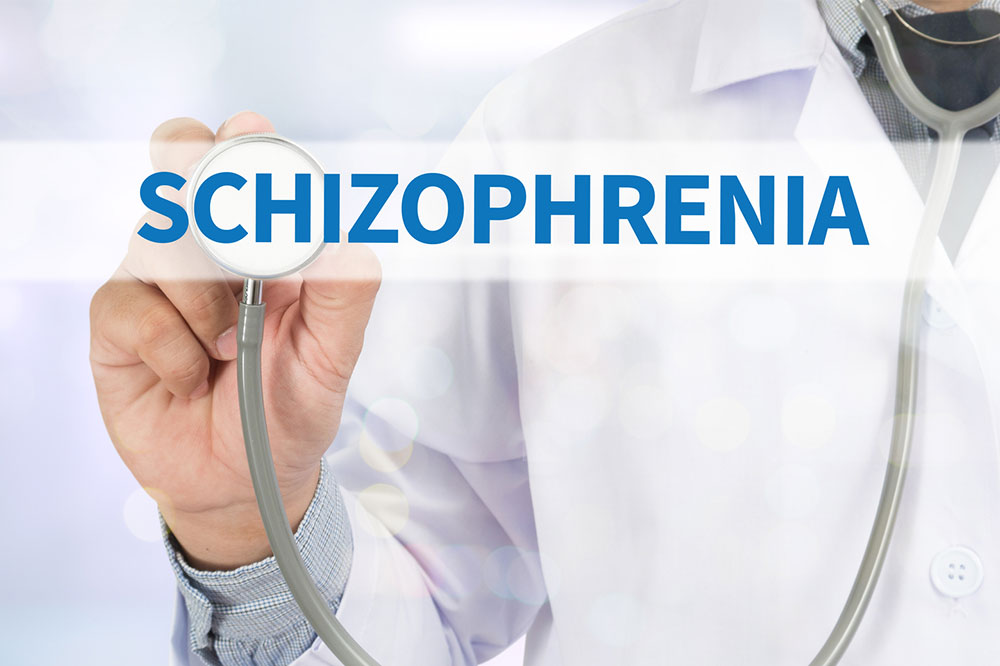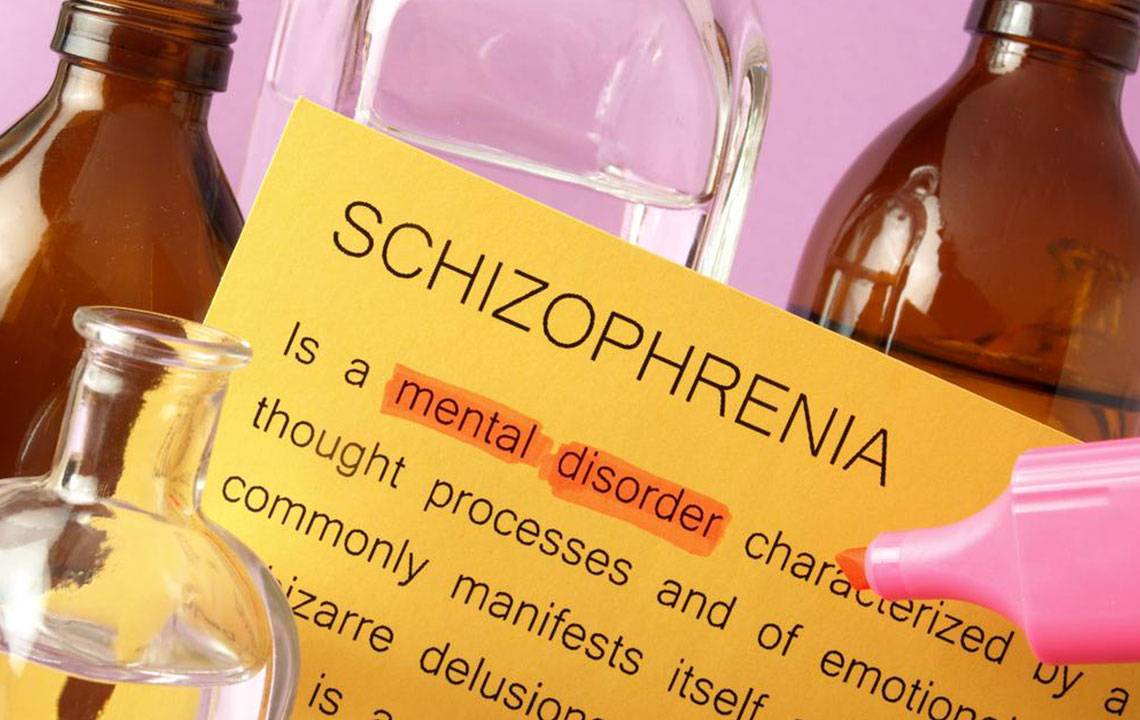Strategies for Managing and Overcoming Schizophrenia
This article explores effective strategies for managing schizophrenia, emphasizing early diagnosis, medication, therapies like ECT and CBT, and the importance of professional guidance. Proper treatment can significantly improve quality of life for those affected by this mental health condition.

Strategies for Managing and Overcoming Schizophrenia
Schizophrenia is a complex mental health disorder that impacts emotions, thoughts, decision-making, and relationships. Signs of schizophrenia differ among individuals, and not all patients will experience the same symptoms. Early diagnosis and prompt treatment significantly improve outcomes.
Common indicators include:
Hallucinations
Delusional thinking
Speech difficulties
Disorganized behaviors
Paranoia
Lack of motivation
Approaches to managing schizophrenia:
Effective management begins as soon as symptoms of schizophrenia are identified.Once symptoms are observed, consulting a healthcare professional is essential. Treatment typically involves medications and various therapies aimed at reducing the frequency and severity of psychotic episodes.
Medications are vital in controlling the symptoms, but it’s important to avoid giving over-the-counter drugs without medical advice, as they can have adverse effects. Consulting an experienced psychiatrist ensures a safe and effective treatment plan.
Therapies such as:
Electroconvulsive Therapy (ECT)
are used in severe cases, especially for conditions like depression or catatonia, which involves rigidity and immobility. ECT can also alleviate symptoms like hallucinations and disorganized thinking.
Another effective approach is:
Cognitive Behavioral Therapy (CBT)
This therapy helps patients modify negative thoughts and behaviors, often in combination with medication. Skilled therapists guide individuals through coping techniques for symptoms such as auditory hallucinations.
Additional therapies like individual psychotherapy, cognitive enhancement, and psychosocial support can contribute to improved mental health with proper medication management.
Important Notice:
The content provided is for informational purposes only. It should not replace professional medical advice. Always consult licensed healthcare providers for diagnosis and treatment options tailored to individual needs.










